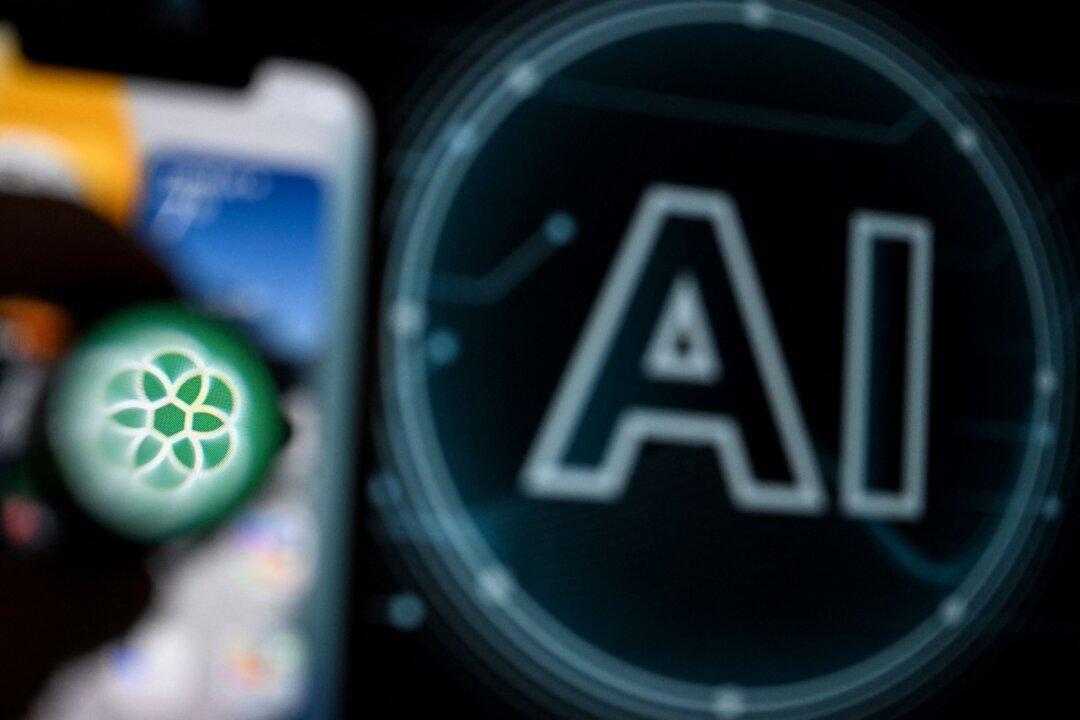OpenAI said on Friday that ChatGPT had denied more than 250,000 requests to generate images of U.S. presidential candidates ahead of the Nov. 5 general election.
The artificial intelligence (AI) chatbot blocked requests to generate images of former President Donald Trump, Vice President Kamala Harris, President Joe Biden, Minnesota Gov. Tim Walz, and Sen. JD Vance (R-Ohio) in the month leading up to the Election Day, OpenAI said.





